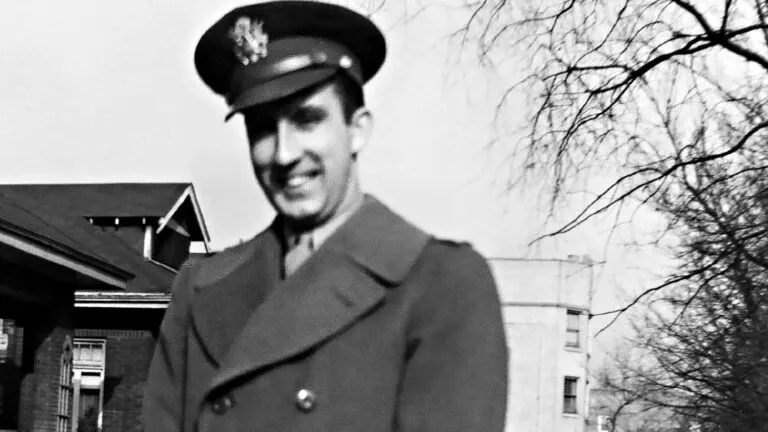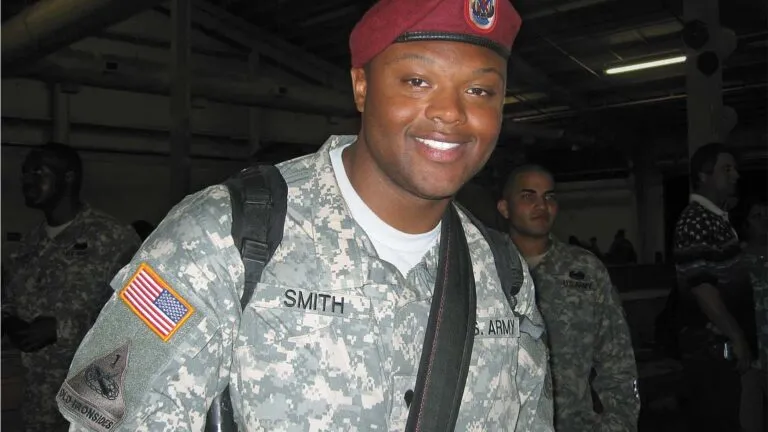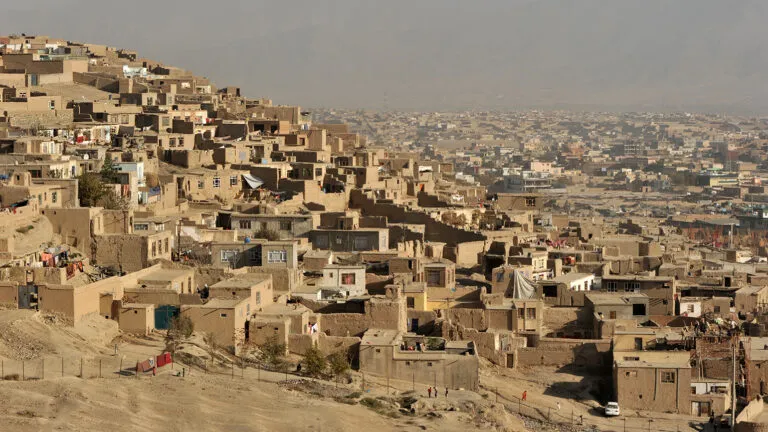I’d been on the pipeline job as a laborer for five months, the lone female in a field of men. My job was to work directly with the engineer as he marked the bends in the pipe. A hundred yards in front of us, the backhoe clanked and rattled as it cut a five-foot ditch across the northwest Colorado high desert.
Climbing up on a rocky hill and staring ahead at the long ditch, I decided it looked like a giant snake easing its way through the sagebrush and pinyon pine trees. Snakes were on my mind. As they had been every minute of every day since the start of the job.
It had been an unusually dry year and the snakes were plentiful. We’d heard the warning at our Monday morning safety meetings. “Stay alert. Keep your ears open. Don’t put your hands where you can’t see.” Easy for the safety guy to say. My job entailed being down in the ditch, where it was usually dark and difficult to see. Early on, a man had been bitten. He was airlifted to the hospital in Grand Junction, and had survived. Yet I couldn’t get past it.
“What type of rattlesnake are we dealing with?” I asked the following Monday. Over the weekend, I’d gone to the library and done my research. The two types most common in northwest Colorado were the midget faded rattlesnake and the Western or prairie rattlesnake. The potency of their venom differed. They had different habits. I wanted to know which species I should become an expert on. My question got a round of belly laughs from my coworkers.
The engineer I worked with shook his head. “Here I am in northwest Colorado with the girl and the rattlesnakes,” he said, as if each was a challenge he’d prefer to work without. Big yucks all around.
Since I was one of the first woman laborers on a pipeline job in the early nineties, I was conditioned to the jokes. It wasn’t my first rodeo, working with an all-male crew, and I’d been raised around two ornery brothers. Besides, I was a single parent, interested only in doing my job and collecting a paycheck. I just let the unenlightened comments go unanswered.
Sometimes, though, I did yearn to have the last word. Prayer helped me hold my tongue, but I struggled with constant worry, my eyes searching every inch before I took a step, my ears ever alert for the horrifying rattle. I imagined snakes everywhere.
I didn’t trust myself to stay safe, and I was pretty much on my own in the buddy department. My psyche got as much of a workout as my body in those five months plus of physical labor.
One hot afternoon, with the job nearly done and only a skeleton crew left, the engineer and I finished lunch and crawled back in the ditch. I took one step and knew. Even through the sole of my heavy work boot. Curled in the shadows, he didn’t make a sound, didn’t move a muscle until—
I spiraled up out of the ditch like a squirrel up a tree. “Did he get you?” the engineer asked, staring up at me as if only an actual snakebite should cause such a reaction.
My breath came fast and hard. “No,” I said. “But I’m gonna take a break.”
“You do that.”
I stumbled off into a stand of pinyon trees, where I fell to my knees. There’s only two weeks left of this job, Lord. Please help me get through it. I heard footsteps and jumped to my feet. If the engineer caught me praying, I’d never hear the end of it. But instead, a young man stood in front of me looking concerned.
“Are you okay?” he asked.
“Yes,” I managed, but I’m sure my shaky voice was less than convincing. “Were you praying?”
Deny it, I thought. I could hear the joke spread like wildfire among my coworkers. “The girl was so scared, she was down on her knees praying for her life!” But there was no sarcasm in this young man’s voice, and only kindness in his eyes. I couldn’t hide from him. “Yes, I was,” I admitted. “It’s my fear of snakes. I stepped on one just now and it unraveled me.”
“Who of you by worrying can add a single hour to your life?” The young man delivered the line as if it was the answer to everything. I was familiar with the verse from Luke, but the choice to trust rather than worry suddenly seemed not only possible, but as obvious as could be.
“Thank you,” I said, and the young man went on with his work. I gathered he was cleaning up trash left by the crew, considering the large green plastic bag he carried in his hand.
Later, back in the ditch, I stayed alert, as always, but somehow I found it easier to be cautious when I was calm. Perhaps worry had something to do with my earlier misstep, clouding my judgment and confidence. If I hadn’t let the guys do that to me with their teasing, why had I allowed imaginary snakes to do so? Anytime fear began to grip me, I remembered the young laborer’s advice.
The next day, I mentioned him to the engineer. “You happen to know who he was?”
The engineer looked at me over his tape measure. “There aren’t any laborers left on the job but you. It’s just us here on our end—and a few equipment operators, welders…”
Ordinarily I wouldn’t have argued, but I knew what I knew. “Well, there was someone else yesterday, because I spoke with him.” The engineer raised his eyebrows.
The next morning, he grinned as we walked toward our company pickup, and I knew it wasn’t over. “Just for the heck of it,” he said, “I asked the project supervisor if there was anyone else working on our end yesterday.” He watched me load a bundle of lath in the bed of the truck before relaying the supervisor’s answer: “Nope.”
I let that news sift over me, and we rode to the work area in silence. A herd of antelope loped through the sagebrush flats in the distance. As we climbed out of the truck, the engineer chuckled. “Maybe it was a ghost.”
I thought again about the young man I’d seen, his soft eyes and kind words, the peace that came over me when he quoted from Luke.
“A pipeline ghost,” the engineer continued, slapping his leg.
If I was only going to have the last word one time in six months, I had to make the words count. I looked at the engineer. “Or an angel,” I said, jumping into the ditch. “A pipeline angel.” The engineer put his head down and went to work. I guessed I really gave him something to laugh about with the crew now.
That evening, after a grueling 12-hour day, I walked around to the passenger side of the pickup. The engineer stepped in front of me and reached for the door. I looked at him in shock. “You’re a hard worker and you’ve done an admirable job under dire circumstances,” he said. “If you ever need a reference, you let me know.”
I couldn’t believe what I’d heard. He closed my door, walked around and slid into the driver’s seat. “Thank you,” I said. “Thank you kindly.” There was no doubt in my mind that my pipeline angel was still on duty, still working small miracles in my life.
Did you enjoy this story? Subscribe to Angels on Earth magazine.






